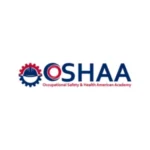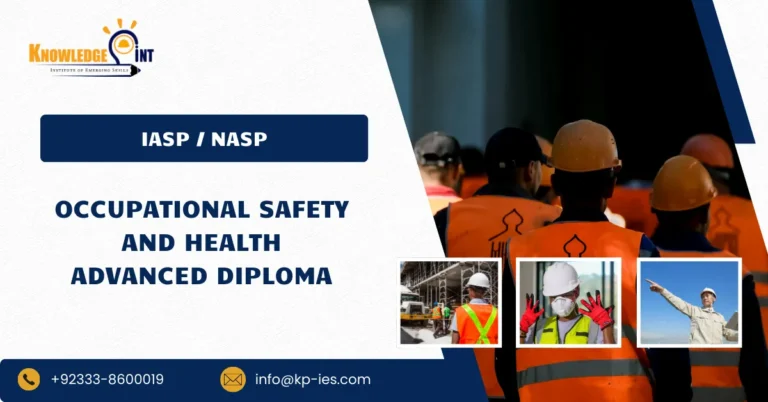OSHAA ISO Internal Auditor
Train the Trainer
Awarding Body
OSHAA
Duration
30 Hours
Course Type
ISO
study mode
Online Learning
Course overview
OSHAA ISO Internal Auditor Train the Trainer is a professional programme designed to equip individuals with advanced skills in ISO auditing and the ability to train others in internal audit practices. In today’s competitive business environment, adherence to international standards is critical for maintaining quality, safety, and operational excellence. This course is ideal for professionals seeking to strengthen their expertise in quality management systems, environmental management, or occupational health and safety while developing instructional capabilities to deliver effective ISO training within their organizations.
The programme covers key ISO standards, including ISO 9001 (Quality Management), ISO 14001 (Environmental Management), and ISO 45001 (Occupational Health and Safety). Participants gain practical experience in planning, conducting, and reporting internal audits, analyzing findings, and recommending corrective actions. The course emphasizes internal audits as a tool for continual improvement, risk management, and compliance with organizational and regulatory requirements.
A standout feature is the Train the Trainer component, which develops participants’ instructional skills. Learners master lesson planning, training delivery, trainee assessment, and feedback techniques, enabling them to effectively train teams in ISO auditing.

Approved Training centre of OSHAA
For OSHAA Qualifications

Entry Requirments
Entry Requirements for the OSHAA ISO Internal Auditor Train the Trainer:
- Educational Qualifications:Minimum secondary school certificate or equivalent.A background in quality management, environmental management, occupational health and safety, or related fields is preferred.
- Professional Experience:At least 1–2 years of experience in internal auditing, compliance, quality management, or related roles is recommended.
- English Language Proficiency:Since the program is delivered in English, learners must show competence in reading, writing, and communication.
Course structure
The OSHAA ISO Internal Auditor Train the Trainer qualification consists of 8 mandatory units.






